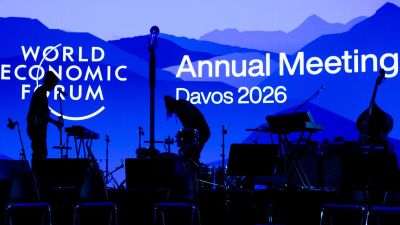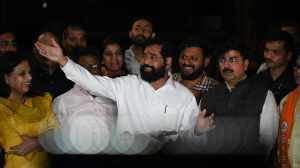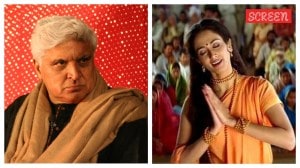It works, it doesn146;t
Just when we thought that we were the pits, that we have successfully run almost every democratic institution to the ground, there comes UND...

Just when we thought that we were the pits, that we have successfully run almost every democratic institution to the ground, there comes UNDP8217;s Human Development Report HDR 2002 with some qualified praise for Indian democracy. If E.M. Foster could venture two cheers for British democracy, we should rightly permit ourselves only one, perhaps a fairly loud one! HDR 2002, in fact, reiterates a point often made by Amartya Sen: the reason why famines which were common under colonial rule never occurred in independent India despite severe crop failures, every once in a way, is a tribute to its functioning democracy.
Two institutions came for special mention. The first was the judiciary, which was termed the 8216;8216;cornerstone8217;8217; of the country8217;s democracy thanks to its fierce independence and its vigorous defence of the separation of powers. The second was panchayati raj, with its one-third reservations for women which, according to HDR 2002, has dramatically increased the visibility and extent of popular participation in politics. Of course, any satisfaction we may draw from these conclusions must be tempered by the fact that these are at best macro-level snapshots and cannot pick up the numerous and persistent flaws in both institutions. The point, however, is that their powers to deepen Indian democracy need to be protected and enhanced. It is not, of course, only good news. The Report makes a point of stating that Indian democracy has not succeeded in eliminating violent conflicts at the public level, as Gujarat testifies to, or indeed at the private level as the continuing phenomena of female foeticide and infanticide demonstrate.
The question, then, is how do we enhance democracy, which 8212; as this Report reminds us 8212; is not an end in itself but a means to social and economic progress. Clearly, various nations will depend on their respective strengths and traditions to do this. But there are certain universals that have to be underlined. They fall into two broad categories: one, the need to strengthen existing democratic institutions to make them more accountable to the public. Two, the imperative to increase democratic participation at different levels and here the benefits of communication technology and the principle of the right to information can prove useful. Finally, as Sen reminds us in this Report, a country does not have to be judged fit for democracy. Rather it has to become fit through democracy.
- 01
- 02
- 03
- 04
- 05































